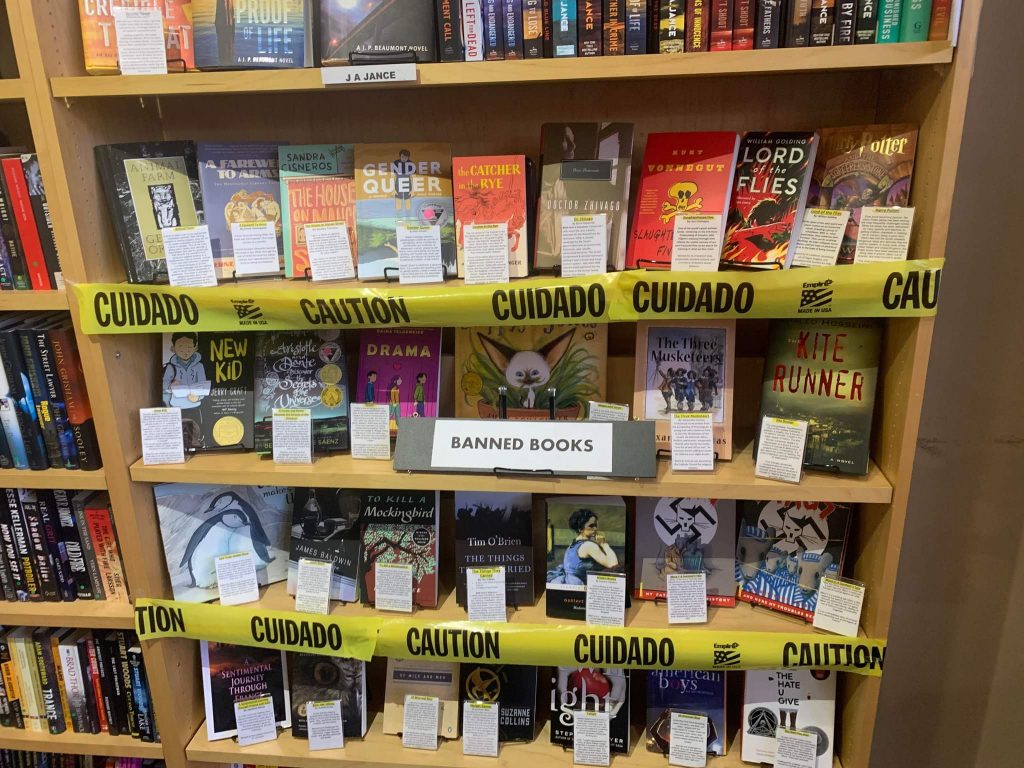December 2022
Julia Gillen
I was extremely privileged to attend this year’s Literacy Research Association’s annual conference in Phoenix, Arizona from November 29th – December 3rd. With the title: Crossing Boundaries and Borders – in pursuit of equity, solidarity, and social justice, it promised to be an amazingly interesting conference and so it proved.
I will first outline this project’s contribution and reactions and then add a few reflections on the conference overall.
We presented a paper accepted by Area 11: Research Methods, Practices and Theory.
Research mobilities in primary literacy education in England: appearances and disappearances
Julia Gillen, Cathy Burnett, Gill Adams, Terrie Lynn Thompson, Anna Lindroos Čermáková
In this paper we report on findings from the first year of an Economic and Social Research Council funded study which investigated the movements of literacy research to and among primary school teachers in England against a shifting, politically charged context for literacy education complicated by changing communicative channels for literacy research. Drawing on an innovative combination of methods – teachers’ lifelogging, corpus linguistics and sociomaterial tracings – it explores why some kinds of literacy research are gaining traction while others are not.
I was deeply grateful to the audience for engaging in a thought-provoking, detailed discussion that I’ve been able to take back to the project team in detail. Some of the comments and questions included:
• Our purpose, in endeavouring to enlarge and enrich the range of research that teachers and others can engage with, was commended.
• Interest was shown in some of the similarities and differences in primary English literacy policy and practice, particularly in comparison with the USA, for example the place of the phonics screening check.
• Teachers in the audience approved of the identification of Twitter as a platform where teachers and pre-service teachers had been discussing and sharing research, specifically in their experience in Arizona. The glimpses of varied lifelogging data were also appreciated.
• Probing questions were asked about our methodology which includes interviews, focus groups and lifelogging with teachers, Corpus Linguistics and a series Sociomaterial Case Studies designed to trace the movements of research. How we are going to make use of Critical Discourse Analysis was also raised. Other generative questions for the team included how our work packages speak to one another. (This is a constant refrain amongst us, the necessary tension between organising work into discrete task streams and yet bringing together insights and synergies. We try to resolve this through frequent meetings of the whole group; participation by some of us in more than one of our work packages, and residentials that were a priority built into the original bid).
• The audience also raised and discussed ways in which elementary literacy research in the US was popularly mediated: for example there were strikingly different reactions displayed to the podcast series: Sold a story; how teaching kids to read went so wrong by Emily Hanford.
• Finally, another issue that is particularly piquing our interest at the moment that we introduced in this paper, is how expertise emanating from universities is communicated, treated, distributed, approved of or not, or hidden. This is a topic we are working on further now.
To end with, a few reflections on the conference itself. I felt that the conference theme was taken very seriously and this added to the value of plenaries and individual papers alike. I’ll briefly refer to just three examples.
The Presidential Address by David Yaden: “Why there cannot be a simple science of reading” was timely and scholarly, drawing on a broad history of literacy research, offering a fresh and insightful take on what Vygotskyan scholarship, for example, has to offer us in contemporary discussions around literacy policy making.
A fascinating aspect of literacy research today is the diversity and richness of different takes on the useful task of constructing research reviews. Our project is already offering Scoping the field of literacy research: how might a range of research be valuable to primary teachers? by Cathy Burnett. The LRA conference ended with an Integrative Research Review Panel: A Metasynthesis of Family Literacy Scholarship by Black, Indigenous, and People of Color. This was led by Catherine Compton-Lilly, Mary McVee, Allison Skerrett and Marcus Croom, each working with co-authors. Each brought alive the generative scope offered by the definition of metasynthesis offered by Sandelowski and Barroso (2003: 227) “a form of systematic review or integration of qualitative research findings in a targeted domain that are themselves interpretative syntheses of data, including phenomenologies, ethnographies, grounded theories, and other integrated and coherent descriptions or explanations of phenomena, events, or cases.”
Finally, a concerning phenomenon in the USA commented on by many at the conference, is the banning of books, which can happen at various levels e.g. state, districts or school board. This report by the Washington Post offers an overview. It includes a quote from a 17-year-old Black school student, Christina Ellis, who testified before Congress, saying,
“Banning books of those of minority backgrounds and unique backgrounds silences their voices and erases their history … It’s not indoctrination, it’s education.”
One of the report’s useful links, like Christina Ellis’s quote also praised at LRA, was to a 2022 report from the American Library Association: Special report pandemic year two; State of America’s Libraries. It comes out fighting, with its editorial titled “Let’s fight together to fight book bans” and a list of the Top 10 most banned books of 2021.
Having travelled all the way to Phoenix, I was very fortunate to be able to travel further in Arizona on vacation after the conference. My travels included the extraordinary town of Bisbee. Bisbee Books & Music featured a provocative book display of books that have been banned in various places in the USA.
